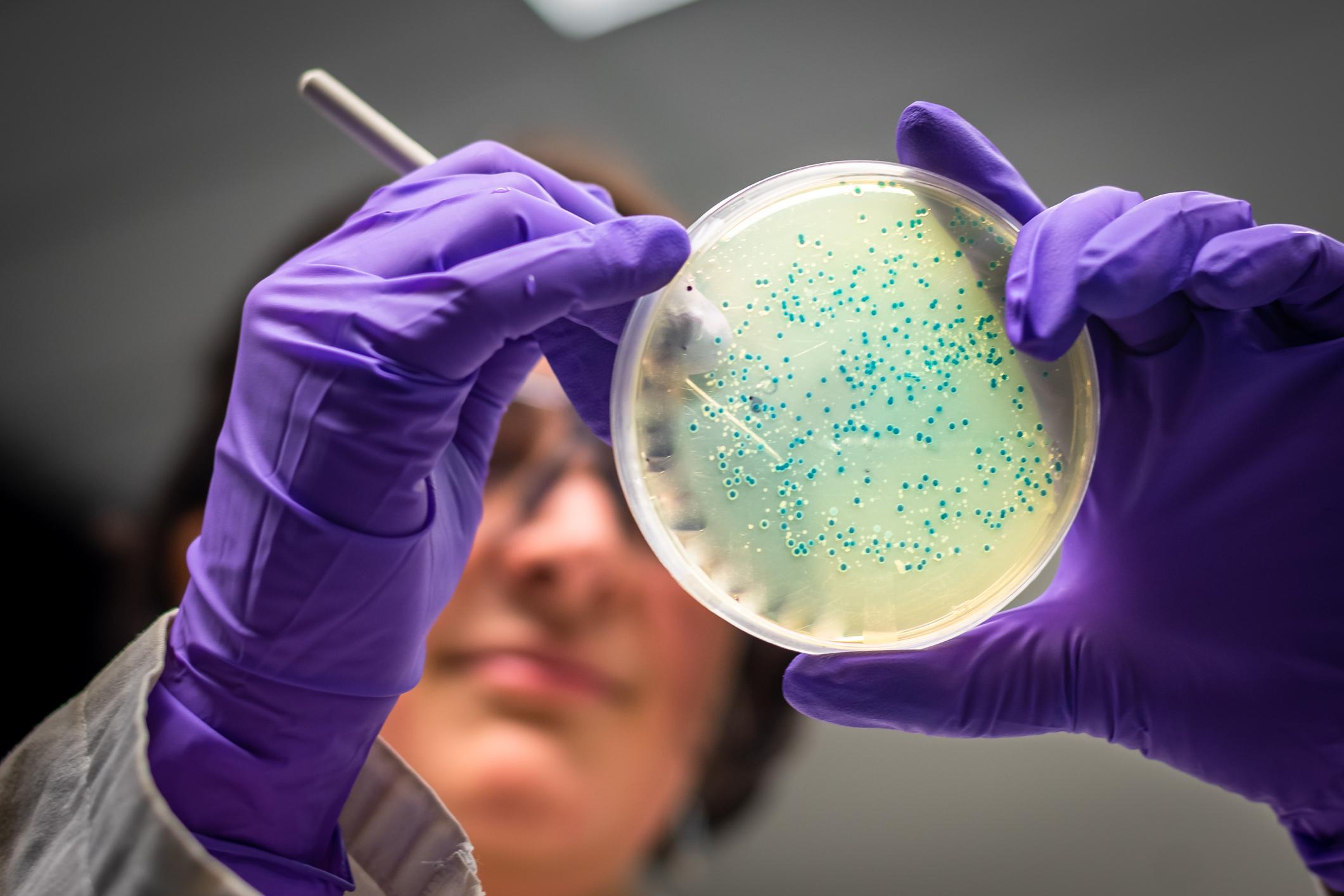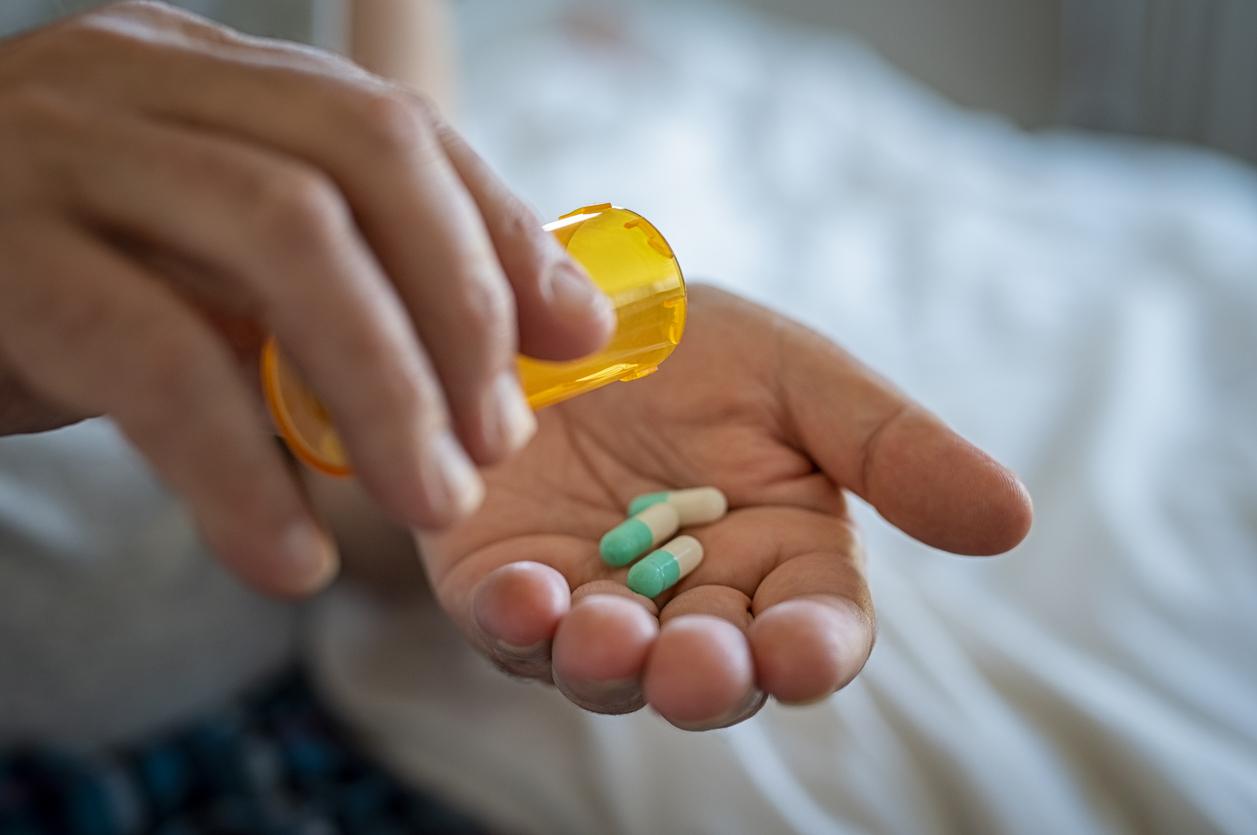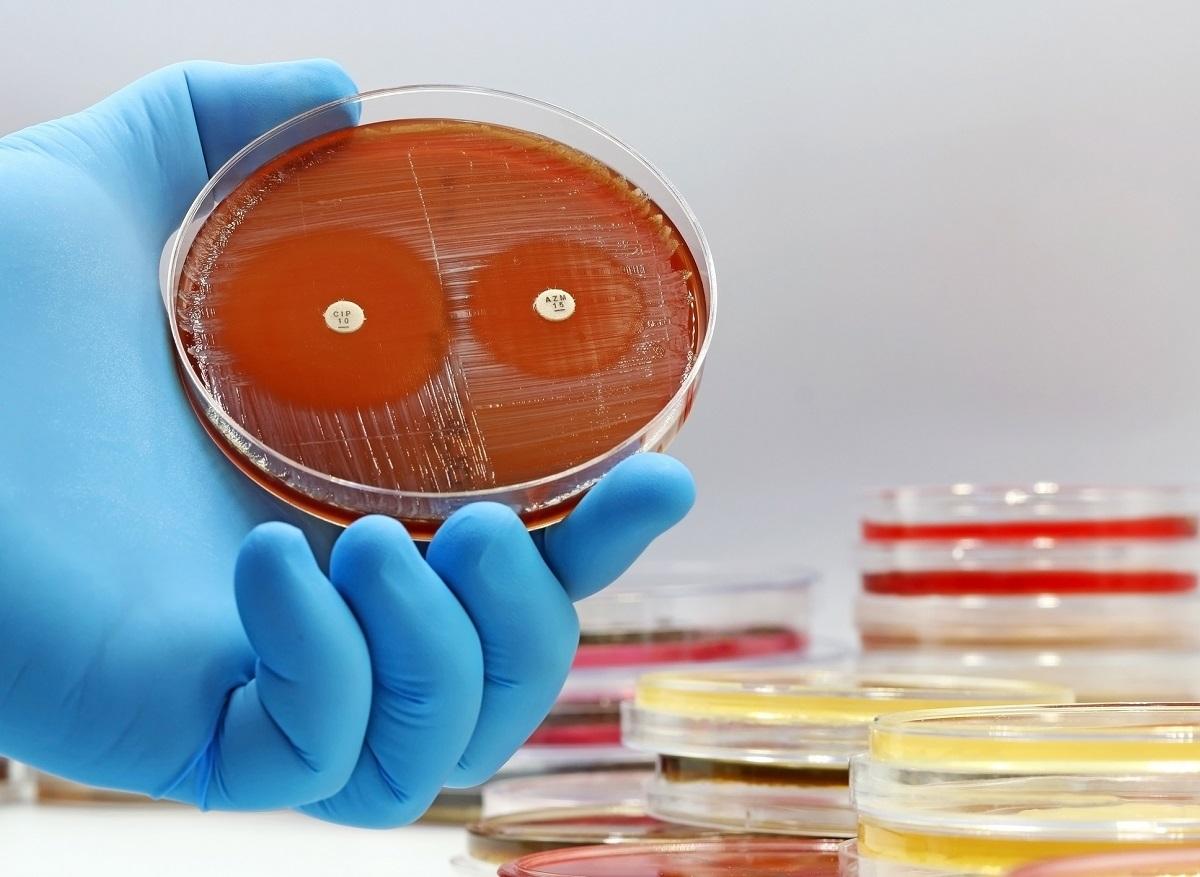Global health authorities are worried in turn about antibiotic resistance. Following the publication of a report based on data from 114 countries, it is the turn of theWorld Health Organization to be alarmed: “If we do not take significant measures to better prevent infections but also to change the way we produce, prescribe and use antibiotics, we will gradually lose these benefits for global public health and consequences will be devastating,” said Keiji Fukuda, WHO’s assistant director-general for health security.
Inappropriate use of antimicrobials, too low in poor countries and too high in rich countries, is believed to be one of the main causes of resistance. Consequence: patients are sick longer and the risk of death increases. Infections now considered minor could prove fatal if left unchecked, the organization warns. In the report, the WHO highlights the antibiotic resistance of seven bacteria responsible for serious diseases such as blood infections, diarrhoea, pneumonia, urinary tract infections and gonorrhoea. Lack of monitoring of antibiotic use among animals for consumption is also of concern to experts.
Minor infections and injuries could kill
“This serious threat is no longer a forecast, but a reality in every region of the world, and that everyone, regardless of age and country, can be affected. Unless the many actors involved act to urgently, in a coordinated way, the world is moving towards a post-antibiotic era, where common infections and minor wounds that have been treated for decades could kill again,” adds Keiji Fukuda.
To fight against this threatens, the Organization recommends the establishment of surveillance systems, the prevention of infections and the development of new antibiotics. Everyone can help fight resistance, she reminds us, by using antibiotics only when they are prescribed by a doctor.


















